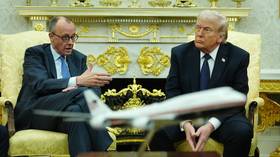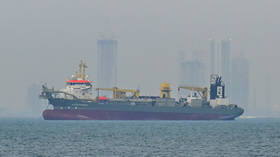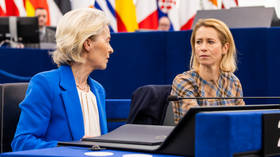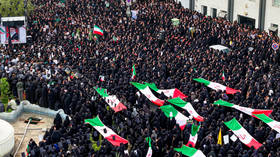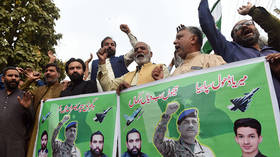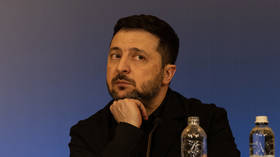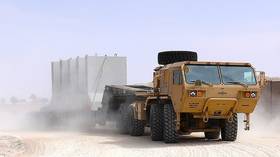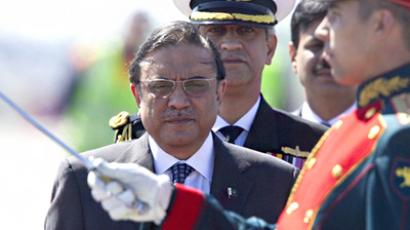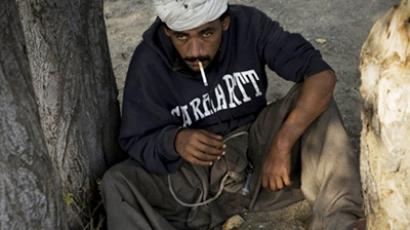Filthy lucre: Afghan drug profits too juicy to resist
Russia has criticized the US and NATO for not doing enough to stop illegal drug trafficking from Afghanistan, which produces more than 90 per cent of the world's opium.
Moscow says the simplest solutions are the most effective, and eradicating the country’s poppy fields is the key to solving the problem.“Just one year’s output of Afghan heroin is enough to kill 10 million drug addicts,” underlined Viktor Ivanov, Russia’s drug enforcement chief.Indeed, the innocuous-looking poppies have already caused millions of deaths worldwide. Russia and the US have teamed up to crack down on drug producers in Afghanistan. As a result of joint operations, a number of major labs have been destroyed there. But there is a stark difference in how Russia and the US see the solution to the problem.“Metaphorically speaking, instead of destroying the machine-gun nest, they suggest catching bullets flying from the machine-gun,” Ivanov explains. “We suggest eradicating the narcotic plants altogether. As long as there are opium poppy fields, there will be trafficking."But the US and other NATO countries have no intention of ridding the world of Afghan poppy fields once and for all. They say Afghans need the opium poppies in order to survive.Analysts have seized on the inconsistency of this approach and the outrageousness of an argument which says that Afghan peasants should not be made to grow potatoes instead of poppies, even if this means millions of people worldwide have to die. And Ivanov highlighted another inconsistency.“The US together with the Colombian government eradicates 200,000 hectares of coca bushes a year. In Afghanistan, only 2,000 hectares of poppy fields are being eradicated – 100 times less,” Ivanov pointed out. And alongside the refusal to get rid of the poppies, there is the apparent interest of international banks in “dirty” money. Narcotics have nearly as large a share in total world trade as oil and gas. The head of Russia’s drug enforcement suggested US and European banks tacitly welcome and “encourage” the inflow of drug money.“Reports show that a persistent lack of liquidity and an aspiration to survive during the crisis promote not only tolerance to criminal money, but also encourage an attitude of a liability of such money,” Ivanov explained.In America, there was tacit agreement with Russia’s proposal to stop the banks from laundering drug money.Gil Kerlikovske, director of the Office of National Drug Control Policy in the executive office of the US president, told RT that “We can intercept and seize tons of narcotics, we can make arrests of traffickers, but we really need to choke off the funds that supply this.”There was also doubt as to whether Western authorities can actually take on those very powerful financial institutions.It seems clear that the US and other NATO countries are not committed to eradicating Afghan poppy fields altogether, and international banks do not seem to mind the huge influx of “dirty” money. But observers agree that the status quo would lead to millions more dying in the future – deaths which can and should be prevented.



